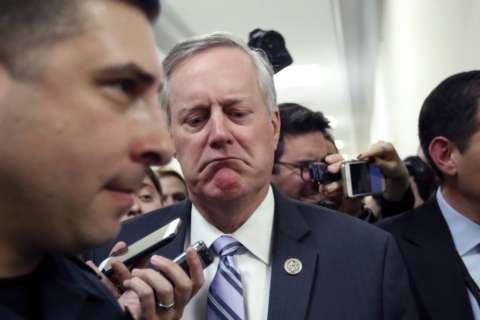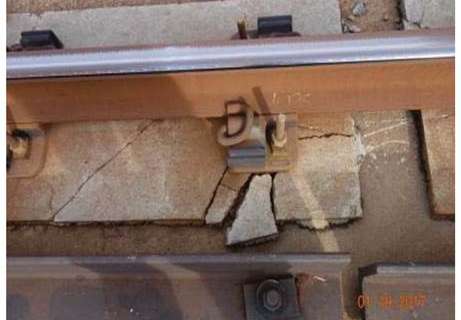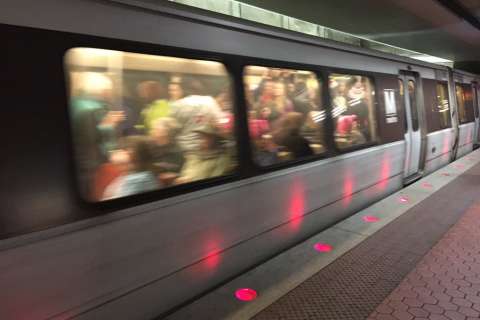WASHINGTON — Cutting fares, implementing special tax districts around more Metro stations and expanding operating hours are among a series of suggestions Metro’s largest union released Thursday to fund and fix the transit agency.
“Like the riders, we are fed up as well, and agree that we are at the breaking point,” an Amalgamated Transit Union Local 689 report said, adding that Metro “has tumbled so far that it is beyond recognition.”
The strongly-worded and at times dramatic union report blames Metro management for “the agency’s fall from grace,” along with elected leaders who “ignored every red flag.”
The conclusions in the report though closely mirror what Metro General Manager Paul Wiedefeld has said since he joined the agency in late 2015: Metro needs to bring back riders by providing safe, affordable, reliable and convenient service.
“It’s totally understandable and justified” that when single-tracking pops up at rush hour and “the whole system goes into chaos in the blink of an eye,” commuters who have the option decide to start driving to work instead, the report said.
The specific recommendations in the report are different from what Wiedefeld is planning to unveil in the next few weeks.
“On a typical day, it is likely that a Metro rider will need to deal with a broken-down bus, climb up a giant stationary escalator, wait a half-hour for a train to arrive on a crowded platform, cram themselves into a packed subway, stand for 45 minutes with nowhere to hold onto, sweat through their clothes on a train without air conditioning, pray that their train stays on the tracks, and get herded like cattle through the exit gates. Paratransit riders can spend hours in a van for a trip that should take minutes. No matter which mode you choose, it’s an awful experience,” the report said.
Funding recommendations in the report include tax assessment districts around all Metro stations that could be set up in such a way that the federal government would pay its share (the federal government typically does not pay property taxes on its land), a tax on some rental cars, and increased requirements for companies in Maryland and Virginia to offer pretax or subsidized commuter benefits for workers.
The tax assessment districts as proposed would indirectly increase federal contributions to Metro, since the union proposal suggests making the assessments deductible on federal income taxes.
“WMATA’s massive long-term financial crunch remains, and service cuts and fare increases loom large,” the report said.
On fares, the report argued by comparing the system to subway systems that do not serve a similar long-distance suburban commuter rail function that no rail ride should cost more than $2. The union also suggested completely free transfers between Metrorail and local buses, extended rail hours, and discounts for low-income riders.
“Asking people to pay more for less service is a recipe for disaster, especially frustrated WMATA customers that are already getting on board our vehicles with their blood pressure at sky-high levels,” the report said of fare hikes and service cuts set to begin around July 1.
“As bad as circumstances are today, if we go down this road, it is likely that WMATA will never be the same again. People will forever abandon the system, and it will crumble, causing an embarrassing mobility crisis in our nation’s Capital,” the report said.
For changes to key problems like Metro’s long-languishing safety culture, as union leaders have said before, they want a greater personal role in safety issues. The union also wants MetroAccess paratransit service to be operated by union members directly through Metro rather than by other operators who work for a contractor.
The report challenges Metro’s reliance on contractors.
“General Manager Paul Wiedefeld, instead of working with the union, is acting like President Trump, telling us that he can fix everything on his own,” the report said.
The union claims it has for years asked Metro to give workers the tools and materials needed to do their jobs, and to stop putting off preventive maintenance.
“Unfortunately, SafeTrack is what riders of this region are left with after decades of mismanagement and neglect,” the report said.
Union leaders say Metro does not listen to the expertise of employees. Metro leaders have regularly denied that.
Last week, ATU Local 689 President Jackie Jeter said negotiations over a new contract to replace the one that expired nine months ago have broken down.







